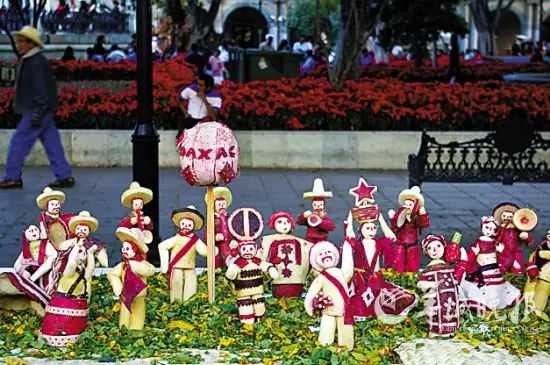Durian Consumption Banned in Some Public Spaces in Brunei, Indonesia and MalaysiaBrunei, Indonesia and Malaysia, despite being significant producers of the much - loved "king of fruits" - the durian, have imposed bans on consuming this unique fruit in certain public areas.
May 16, 2025, 2:38 pm EDT









